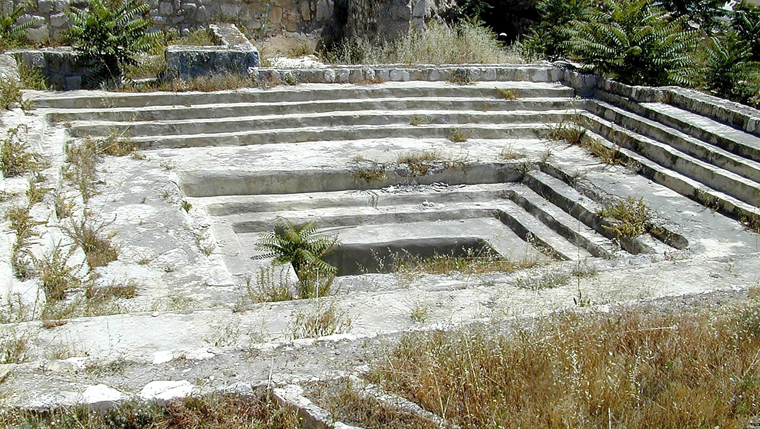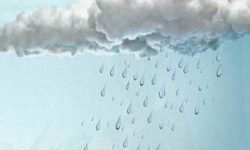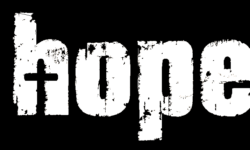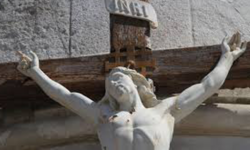Ritual purity laws in the Bible are somewhat of a mystery to us today. Yet in them we see beautiful pictures of God’s provision.
It is God who decides what is unclean and what is clean. The ritual cleansing to get from one to the other is called micveh and it must be done with living water. Living water is water that has not been collected by human hands. It comes directly from God and includes rainwater, spring water, and rivers.
Over time, special baths were created for this purity rite. Archaeology reveals their use back to the first century BC and today synagogues continue the practice. These structures are made with special care to preserve the requirement that the water is not collected. The micveh needs to have a natural inlet of water as its source as well as an ever-open outflow.
Why is this imperative for living water so important? Because this is not a washing of dirt from the body but of sin’s stain from the soul. It is a visual reminder that cleansing comes only from God. He alone purifies us and we are helpless to contribute.
When Jesus announced that He is Living Water, those that heard Him understood the reference. It is He that came to give us ultimate cleansing from our sin. No longer as a picture but as its fulfillment. We all come to God soiled and unclean yet there is washing available through Him.
Modern traditions stipulate that a person must wash his body thoroughly before entering the micveh. I’m not sure why this is done, but I see the idea of respect and of ritual preparation for coming to God. In contrast though, I’m grateful that Jesus calls us just as we are. We don’t have to clean up our lives before coming to Him. In fact, we spread the stain further with our muddy fingers when we try to wash ourselves clean of our sin.
I’m grateful that the Living Water was poured out for me. Jesus is my Mikveh and He alone can make me clean.
Wash me thoroughly from my iniquity and cleanse me from my sin! Psalm 51:2








0 Responses